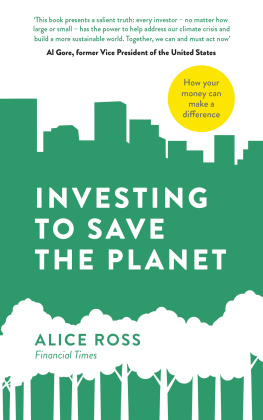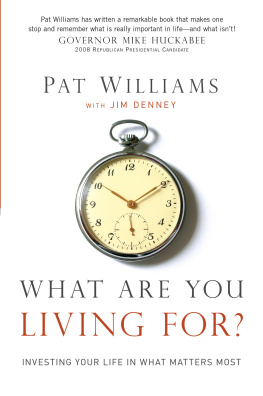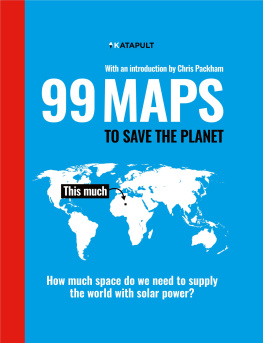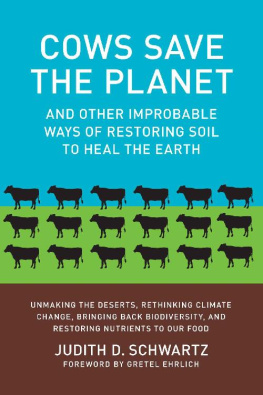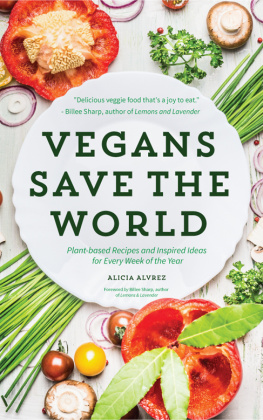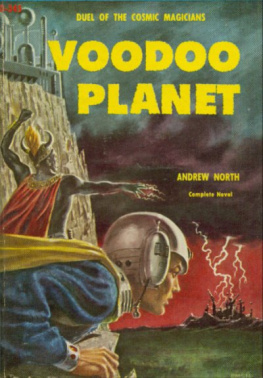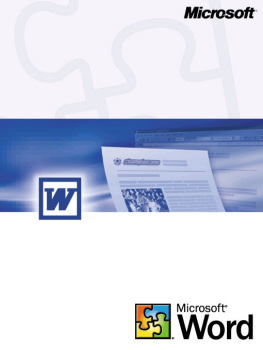Alice Ross - Investing to Save the Planet
Here you can read online Alice Ross - Investing to Save the Planet full text of the book (entire story) in english for free. Download pdf and epub, get meaning, cover and reviews about this ebook. year: 2020, publisher: Penguin Books Ltd, genre: Romance novel. Description of the work, (preface) as well as reviews are available. Best literature library LitArk.com created for fans of good reading and offers a wide selection of genres:
Romance novel
Science fiction
Adventure
Detective
Science
History
Home and family
Prose
Art
Politics
Computer
Non-fiction
Religion
Business
Children
Humor
Choose a favorite category and find really read worthwhile books. Enjoy immersion in the world of imagination, feel the emotions of the characters or learn something new for yourself, make an fascinating discovery.
- Book:Investing to Save the Planet
- Author:
- Publisher:Penguin Books Ltd
- Genre:
- Year:2020
- Rating:4 / 5
- Favourites:Add to favourites
- Your mark:
- 80
- 1
- 2
- 3
- 4
- 5
Investing to Save the Planet: summary, description and annotation
We offer to read an annotation, description, summary or preface (depends on what the author of the book "Investing to Save the Planet" wrote himself). If you haven't found the necessary information about the book — write in the comments, we will try to find it.
Investing to Save the Planet — read online for free the complete book (whole text) full work
Below is the text of the book, divided by pages. System saving the place of the last page read, allows you to conveniently read the book "Investing to Save the Planet" online for free, without having to search again every time where you left off. Put a bookmark, and you can go to the page where you finished reading at any time.
Font size:
Interval:
Bookmark:
This book presents a salient truth: every investor no matter how large or small has the power to help address our climate crisis and build a more sustainable world. Together, we can and must act now
Al Gore, former Vice President of the United States
I cant imagine a more important book at the moment. A detailed, action-orientated guide on how to make our money matter and save us and the planet we live on
Richard Curtis, writer, director, Co-founder of Red Nose Day and UN Sustainable Development Goals Advocate
Investing responsibly is one of the most powerful avenues towards addressing climate change. But its not only for large institutional investors. Every persons savings account and pension can meaningfully contribute. Ross tells us how in this clear, easy-to-understand yet transformative book
Christiana Figueres, Founding Partner, Global Optimism and former Executive Secretary, United Nations Framework Convention on Climate Change
People often ask me what THEY can do to act on the climate crisis. I now have yet another answer. Investing to Save the Planet explains the power you have, through your financial investment choices, to accelerate the path towards a sustainable clean-energy future. Read this book and be empowered to create a better future for the planet
Michael Mann, Distinguished Professor, Penn State University, author of The New Climate War
Changing the way that we invest is one of the most powerful levers we have for solving climate change. This hugely interesting and immensely practical book not only explains why changing how we invest is so critically important but also provides a set of powerful tools for actually doing it
Rebecca Henderson, John and Natty McArthur University Professor at Harvard University and author of Reimagining Capitalism
Alice Ross is the deputy news editor at the Financial Times. She has been a Financial Times journalist for more than a decade, writing on topics from personal investment to corporate activity to market movements. She has held roles as deputy editor of the weekend Money section, Editor of the Wealth magazine and Editor of the FT newsletter, Trade Secrets, which examines issues affecting globalisation including climate change. Alice has a degree in philosophy from Cambridge University and an MA in European Thought from University College London.

PENGUIN BOOKS
UK | USA | Canada | Ireland | Australia
New Zealand | India | South Africa
Penguin Books is part of the Penguin Random House group of companies whose addresses can be found at global.penguinrandomhouse.com.

First published by Penguin Business in 2020
Copyright Alice Ross, 2020
The moral right of the author has been asserted
Text design by Couper Street Type Co.
Follow us on LinkedIn: https://www.linkedin.com/company/penguin-connect
ISBN: 978-0-241-45724-5
This ebook is copyright material and must not be copied, reproduced, transferred, distributed, leased, licensed or publicly performed or used in any way except as specifically permitted in writing by the publishers, as allowed under the terms and conditions under which it was purchased or as strictly permitted by applicable copyright law. Any unauthorized distribution or use of this text may be a direct infringement of the authors and publishers rights and those responsible may be liable in law accordingly.
To Greta and Ranald
I had the idea to write this book, which started life as an article for the Financial Times, in the summer of 2019. Climate change was in the news, and it wasnt pretty. The Amazon was burning literally. July was the hottest month on record. Every day I seemed to be waking up to some new climate crisis, and I felt powerless to do anything about it. At the time, I was the wealth editor at the Financial Times. I spent a lot of my time talking to rich people and private bankers. That was where I first heard about some of the climate change solutions that people were investing in: new technologies that could change the world, and that needed deep pockets to finance them. But then I thought: surely the average investor on the street could get involved too, by looking at what was in their pension fund, for example, or thinking about whether they should invest in fossil fuel companies. It seemed to me that explaining what we can do to fight climate change as investors as well as consumers would give people some sense of control over the situation.
Looking back at that time, some things have changed. The bad news we got used to waking up to in 2020 was of course the coronavirus: the daily death tolls, the hit to the economy. The climate crisis seemed almost to have been sidelined. I wrote much of this book in lockdown at my home in London while my two young children were out of school. It was a busy, stressful time.
But it was also a quiet time. I was woken up, like so many others, not by planes roaring overhead to Heathrow but by birdsong. Pollution was on track to fall by a record level. Neighbours started swapping food and shopping for each other. We stood in the street and clapped for our health workers every Thursday evening. It felt like a connected time.
And people started to notice how companies were handling the crisis. Some were firing their workers. Others were guaranteeing jobs. The investors in those companies started to notice too, and began speaking out. Our global collective experience of the coronavirus drew comparisons with climate change: both were a common enemy that would best be fought through cooperation. The experience of individuals and communities helping each other, and of investors caring whether the companies they owned were treating their workers well, gave people hope that much-needed cooperation on climate change would work too. Build Back Better became a catchphrase as governments tried to figure out how to emerge from the economic crisis in the right way.
Anyone with savings, a pension or investments has building blocks at their disposal too. If we invest our money in the right way, we can help to combat climate change and feel a sense of control in an uncertain world. This book will help you to do that.

When David Blood told his colleagues in 2003 that he was resigning to start a sustainable investment company, they laughed at him. Blood was a senior banker, working as the head of asset management at Goldman Sachs. His clients were among the largest investors in the world. But back then, not many of them were interested in investing in climate change solutions. Most experts at that time, Blood recalls, thought that sustainable investing meant limiting your horizons. In other words, it was about being a do-gooder rather than an investor: people could choose not to invest in fossil fuel companies, but theyd make less money as a result. We believed differently, he says.
Blood joined forces with Al Gore, the former vice president of the United States, who in 2000 had narrowly lost the presidency to George W. Bush. Gore was fast becoming a leading figure in the climate change debate. In 2006, he released a critically acclaimed and widely watched documentary,
Next pageFont size:
Interval:
Bookmark:
Similar books «Investing to Save the Planet»
Look at similar books to Investing to Save the Planet. We have selected literature similar in name and meaning in the hope of providing readers with more options to find new, interesting, not yet read works.
Discussion, reviews of the book Investing to Save the Planet and just readers' own opinions. Leave your comments, write what you think about the work, its meaning or the main characters. Specify what exactly you liked and what you didn't like, and why you think so.

